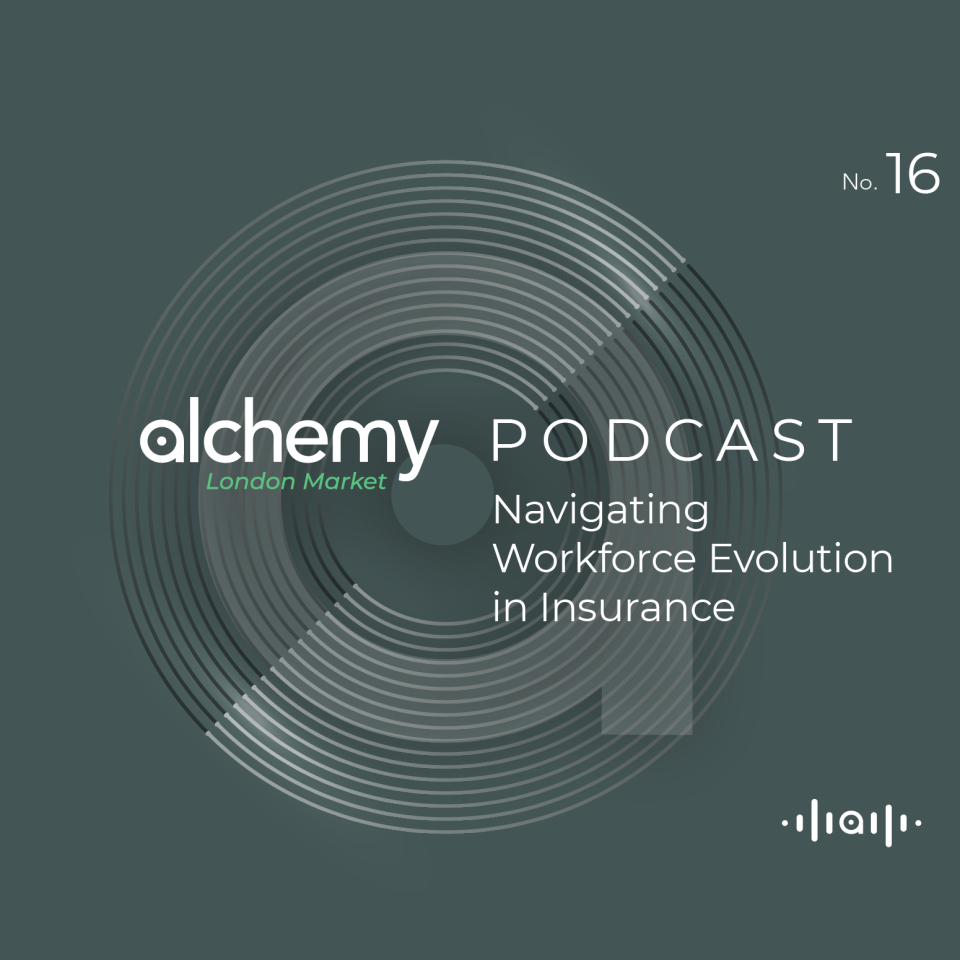Navigating Talent Challenges & Workforce Evolution in the London Insurance Market
The Talent Shortage and Industry Perception
The talent shortage is one of the most significant challenges the insurance industry faces today. With a large proportion of the workforce nearing retirement over the next decade, there is a pressing need to address this gap. The insurance industry has traditionally relied heavily on industry-specific skills and deep experience, but this approach needs to evolve as the workforce ages.
Additionally, the industry’s image often makes it difficult to attract new talent. Insurance can be perceived as a traditional or “boring” industry despite its essential role in the global economy. Changing this perception is crucial to attracting fresh, dynamic talent.
Expanding the Talent Pool Beyond Insurance
To overcome the talent shortage, the industry must look beyond the usual sources of talent. With the rise of new challenges such as climate change, artificial intelligence, and cyber risks, the skills required to navigate these issues are shifting. Rather than relying solely on those with direct industry experience, the insurance sector needs to tap into talent from other industries, such as technology, data science, and environmental science, which can offer fresh perspectives and innovation.
By widening the scope of recruitment, insurers can diversify their talent pools and address the market’s emerging needs. This strategic shift can also help overcome the linear career paths that have traditionally dominated the industry.
Flexibility is Key to Attracting Diverse Talent
The impact of the pandemic has accelerated the shift towards flexible work arrangements, which are now a critical factor in attracting and retaining talent. Hybrid work models allow companies to support a more diverse workforce, including women, carers, and those with additional responsibilities. This flexibility is particularly valuable as many professionals seek a better work-life balance, and it can open the door to talent that might otherwise be excluded from traditional office-based roles.
Balancing flexible work arrangements with maintaining productivity and engagement is a challenge that companies must navigate carefully. However, the benefits are clear – a more diverse and motivated workforce is better equipped to meet the evolving needs of the industry.
Preparing for the Future Skills Transfer
As experienced professionals retire, it is essential to ensure their knowledge is passed on to the next generation. The insurance industry must focus on developing mechanisms for transferring skills, ensuring that emerging talent can step into leadership and specialist roles. Building a sustainable talent pipeline will require focusing on upskilling and reskilling and embracing cross-industry learning.
This long-term approach to talent development will ensure that the insurance industry remains competitive and capable of meeting future challenges.

A New Era for Insurance Talent
The insurance industry stands at a crossroads, facing both significant challenges and opportunities in talent management. By broadening its recruitment efforts, embracing flexible work models, and focusing on skills transfer, the industry can overcome talent shortages and position itself as a dynamic and attractive sector for future talent.
Focusing on a diverse, skilled, and flexible workforce will be key to its long-term success as the industry evolves to meet new global challenges.
This article is based on a podcast featuring Lauren O’Donoghue, Head of Talent Operations at Alchemy London Market, and Rachel Wilson, Assistant People Director at QBE.
Listen to the full episode here for more insights into the evolving nature of work in the insurance industry.



